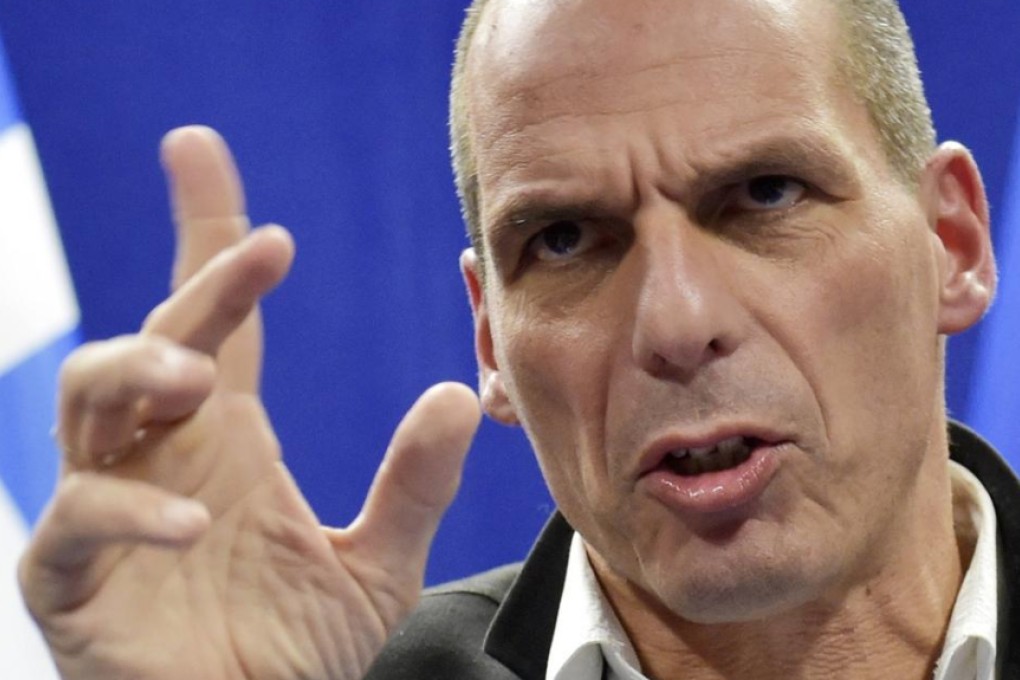Game theory drives Greek finance minister in duel with creditors
Yanis Varoufakis has written texts on logic behind negotiations, and it shows as he plays chicken with the euro zone

The appointment of Yanis Varoufakis as the Greek finance minister has been a godsend for pundits and academics.
An economist who has authored or co-authored several popular textbooks on game theory, he has naturally led commentators to speculate how far he will use his expertise in the mathematical theory for his hard, almost existential, bargaining with Greece's euro-zone creditors.
Given his current employment, I hope Varoufakis' books enjoy a sales boost; they deserve it. Game Theory: A Critical Introduction, which he co-authored with the economist Shaun P. Hargreaves Heap, is my all-time favourite textbook, an example of how such books ought to be written.
My university teachers used it for an advanced course in logic. Lively and humorous, the book is full of game-theoretic examples taken from real life as well as from western moral and political philosophies. The rows and columns used to represent simple one-off games at the start of the book were easy enough to follow. The heavy algebra and probability theory completely went over my head.
Still, even if you skip the maths and graphs, it's fun to read for the most part, minus the stuff about ordinal and cardinal utilities, Bayesian probability and backward induction, things which no-one cares about except specialists.
There are fun pages devoted to game theory's take on such classic problems as Immanuel Kant's formulation of a categorical imperative; John Rawls' notion of justice behind his thought experiment on "the veil of ignorance"; what reason and rationality are; whether you should accept Thomas Hobbes' argument to give up all your rights and freedoms to the sovereign in the hope that he or she might let you live and prosper. (Our Chinese leaders, by the way, are more Hobbesian than Marxist.)
Should you pay your taxes, accept environmental protection laws and vaccinate your children? They all fall under the so-called free-rider problem in game theory. If you have read A Beautiful Mind, or seen the movie of the same name based on the biography of deranged mathematician John Nash and wondered what all the fuss was about, Varoufakis and Heap offer a concise introduction to the powerful notion of Nash equilibriums.